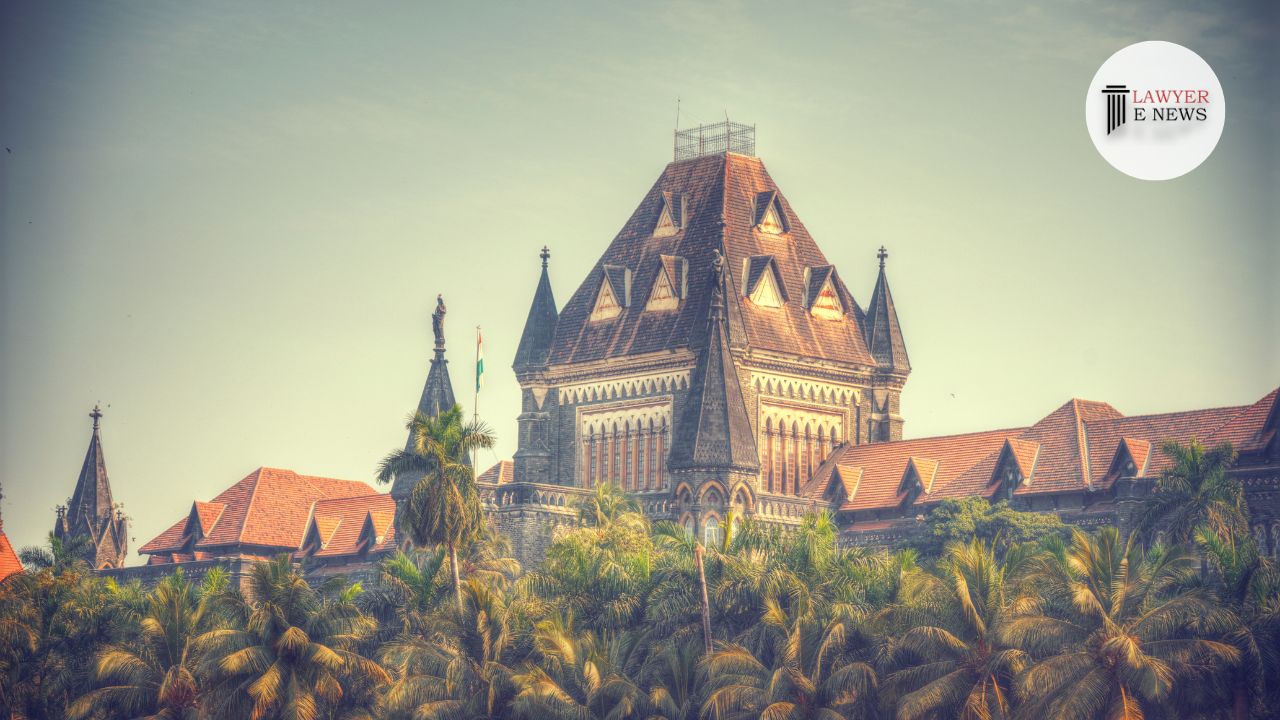-
by Admin
15 February 2026 5:35 AM



High Court’s judgment validates policy allowing substitution beyond age limit and maintains a wait list for compassionate appointments.
The Bombay High Court, Nagpur Bench, has upheld the contentious clauses in the Maharashtra Government’s policy on compassionate appointments, affirming the legality of substitutions even after crossing the age limit of 45 years and the maintenance of a waiting list. The judgment, delivered by a bench comprising Justices Anil S. Kilor, Anil L. Pansare, and M.W. Chandwani, addresses the critical issues surrounding the compassionate appointments policy and aims to strike a balance between providing immediate succor to bereaved families and maintaining administrative efficiency.
A series of writ petitions challenged clauses 3.11 and 3.21 of the Government Resolution dated 21/09/2017, issued by the State of Maharashtra. These clauses set an upper age limit of 45 years for compassionate appointments and permitted the substitution of legal heirs under specific circumstances. The petitioners, comprising widows, children, and other dependents of deceased employees, argued that these restrictions were arbitrary and violated the principles of natural justice as enshrined in the Indian Constitution.
Court Observations and Views
Credibility of the Compassionate Appointments Policy
The court scrutinized the purpose and implementation of the compassionate appointments policy, reiterating its objective to provide immediate financial relief to families of deceased employees. The bench highlighted the humanitarian intent behind such policies, designed to enable families to tide over sudden financial crises resulting from the untimely death of the breadwinner.
In addressing the contentious issue of substitution, the court noted that “the substitution of one legal heir for another does not contravene the object of the compassionate appointment policy.” The bench reasoned that as long as the substitution results in only one family member receiving the appointment, it aligns with the policy’s objective to provide relief without violating the principles of merit-based employment.
The court also examined the provision setting an upper age limit of 45 years for such appointments. It was argued that rigidly enforcing this age limit could result in deserving candidates being unjustly excluded. The bench observed, “The age limit should not negate the core objective of providing timely financial assistance to bereaved families. Substitution beyond the age limit of 45 years should be permissible if it continues to serve the policy’s humanitarian goals.”
The judgment extensively referenced established legal principles and past Supreme Court rulings on compassionate appointments. The court underscored that compassionate appointments are an exception to the general rule of merit-based public employment and should be treated with the necessary flexibility to achieve their humanitarian purpose. The court stated, “The compassionate appointments policy is designed to alleviate immediate distress. Denial of substitution or rigid adherence to age limits undermines this purpose.”
Justice Anil S. Kilor remarked, “Substitution of legal heirs in compassionate appointments is in harmony with the policy’s objective. It ensures that the family’s need for financial support is met, even if the primary applicant crosses the age limit.”
Conclusion
The Bombay High Court’s judgment reaffirms the compassionate appointments policy’s intent and emphasizes a flexible approach to its implementation. By allowing substitutions and maintaining a wait list, the court ensures that bereaved families receive the necessary support without unnecessary bureaucratic hurdles. This landmark decision is expected to provide clarity and direction for future cases, reinforcing the legal framework for compassionate appointments in Maharashtra.
Date of Decision-May 28, 2024
Kalpana Others v. The State of Maharashtra & Others
